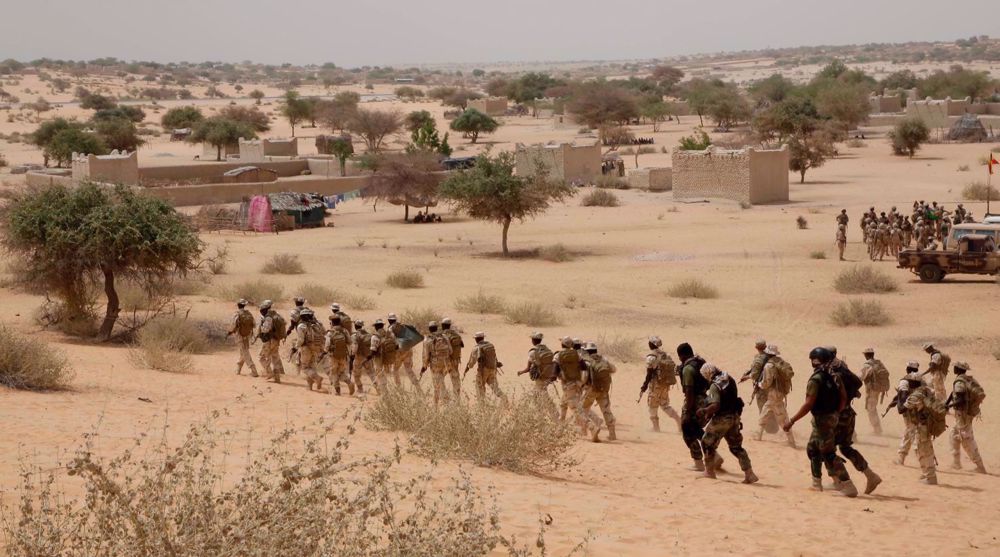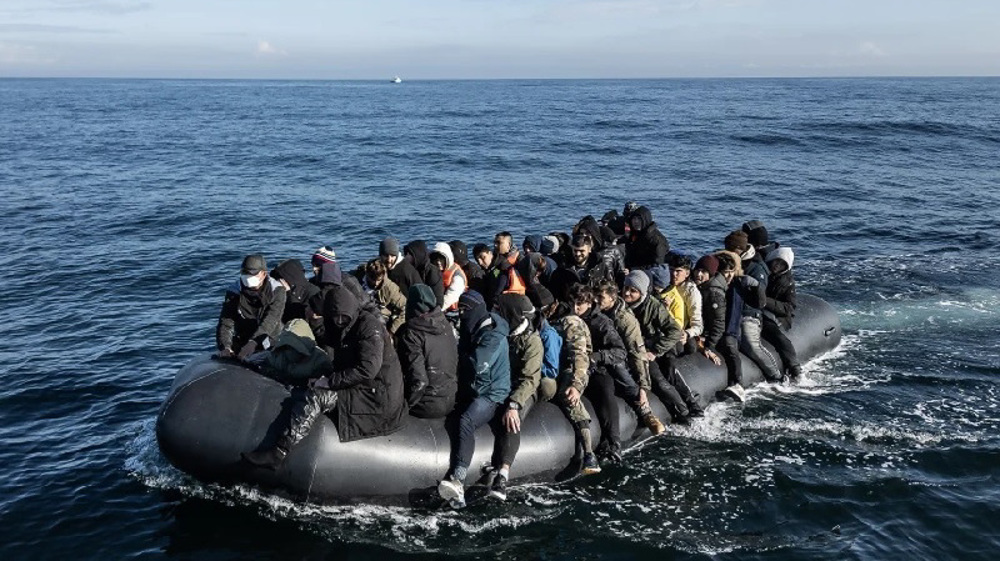S. Africa nabs 307 over recent deadly unrest, vows more arrests
South Africa has announced the arrest of 307 suspects over the latest violence against immigrants that killed at least seven people, vowing to hunt down the rest of the culprits.
The Sunday announcement came as the government intensified its security measures in response to the violence in Johannesburg and the eastern coastal city of Durban with Home Minister Malusi Gigaba insisting on the state’s determination to bring an end to "all acts that seek to plunge our country into anarchy."
"Perpetrators are being arrested, charged and prosecuted," said Gigaba during a press conference in Pretoria, adding, "So far 307 suspects have been arrested in connection with attacks on foreign nationals and public violence.”
The development came after rioting and looting over the past two weeks highlighted continuing tensions between South Africans and foreign immigrants from across the continent, including Zimbabwe, Somalia, Ethiopia and Malawi.

Immigrants are reportedly the main focus of resentment among mostly unemployed South Africans who are struggling amid a chronic job shortage and the limited progress made by many poor natives since the oppressive white-minority rule ended in 1994.
The unrest has also strained regional relations with Zimbabwe, Malawi and Mozambique as their worried citizens are going back home.
President Jacob Zuma called off a state visit to Indonesia on Saturday in a bid to deal with the growing unrest in the country, pleading with foreigners to remain in South Africa.
The latest violence has revived memories of xenophobic bloodshed in 2008, when 62 people were killed in Johannesburg's townships.
The UN High Commissioner for Refugees reported that most victims of the xenophobic attacks were foreign refugees that were forced to leave their native countries due to war and persecution.

It added that 5,000 migrants had sought refuge in makeshift camps, though local officials insist that the figure was lower.
Meanwhile, Zuma traveled to Durban on Saturday to visit one camp, where he encountered an antagonistic reception from a crowd of people that shouted "go home, go home" and "too late, too late."
During the visit, the South African chief executive pledged to halt the violence and tried to assure the crowd that the country will remain a secure place for foreigners.
"Even those who want to go home, they must know that when we have stopped the violence they are welcome to come back," Zuma emphasized.
MFB/KA/SS
VIDEO | Islamabad rejects US report on rights practices in Pakistan
VIDEO | Yemenis endorse naval forces' attacks on Israeli-linked ships
VIDEO | New national transport strike hits Italy
US to pull out troops from Chad in second African state withdrawal
Yemeni armed forces strike British oil tanker in Red Sea
VIDEO | Genocide in Gaza
VIDEO | Press TV's news headlines
VIDEO | American, Israeli rabbis call for ceasefire during protest near Gaza










 This makes it easy to access the Press TV website
This makes it easy to access the Press TV website